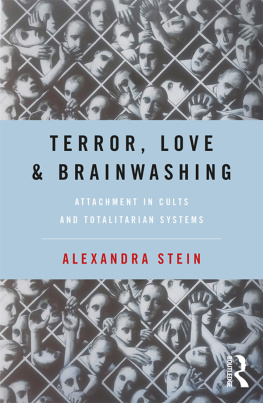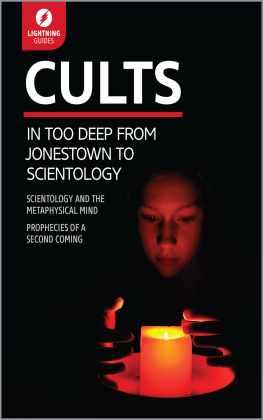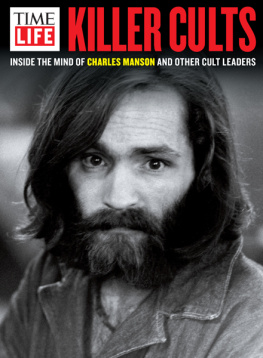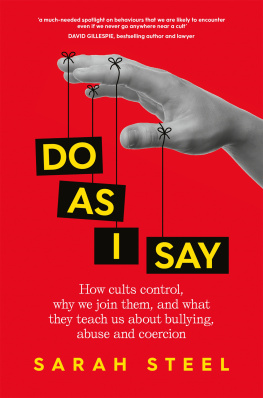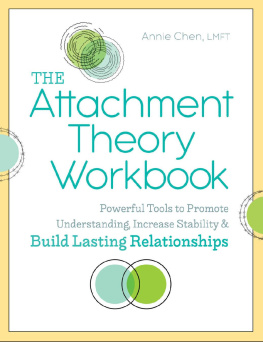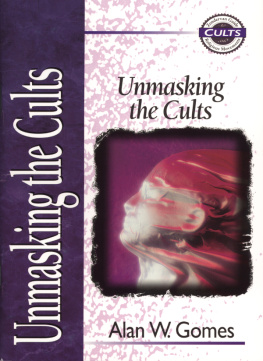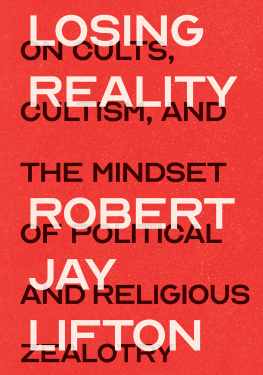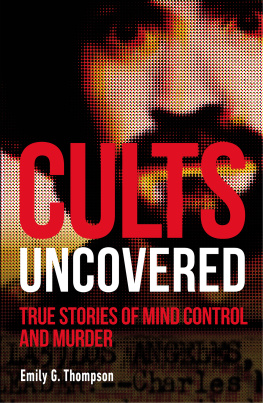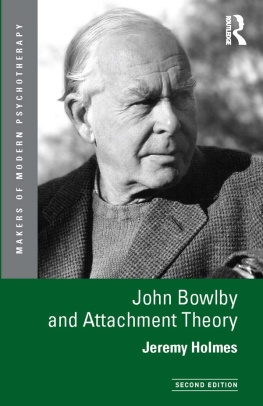Terror, Love and Brainwashing
Written by a cult survivor and renowned expert on cults and totalitarianism, Terror, Love and Brainwashing draws on the authors 25 years of study and research to explain how almost anyone, given the right set of circumstances, can be radically manipulated to engage in otherwise incomprehensible and often dangerous acts.
Illustrated with compelling stories from a range of cults and totalitarian systems, from religious to political to commercial, the book defines and analyzes the common and identifiable traits that underlie almost all these groups. It focuses on how charismatic, authoritarian leaders control their followers attachment relationships via manipulative social structures and ideologies so that, emotionally and cognitively isolated, they become unable to act in their own survival interests. Using the evolutionary theory of attachment to demonstrate the psychological impact of these environments, and incorporating the latest neuroscientific findings, Stein illustrates how the combined dynamic of terror and love works to break down peoples ability to think and behave rationally. From small local cults to global players like ISIS and North Korea, the impact of these movements is widespread and growing.
This important book offers clarity and a unique perspective on the dynamics of these systems of control, and concludes with guidance to foster greater awareness and prevention. It will be essential reading for mental health professionals in the field, as well as policy makers, legal professionals, cult survivors and their families, as well as anyone with an interest in these disturbing groups. Students of social and developmental psychology will also find it fascinating.
Alexandra Stein is a social psychologist who lectures and writes on cults and totalitarianism. Formally, she was an associate lecturer at Birkbeck, University of London, UK and has also taught at the University of Minnesota, US and the University of Westminster, UK. As a young woman she was a member of a political cult, an experience she described in her first book, Inside Out.
Terror, Love and Brainwashing
Attachment in Cults and Totalitarian Systems
Alexandra Stein

First published 2017
by Routledge
2 Park Square, Milton Park, Abingdon, Oxon OX14 4RN
and by Routledge
711 Third Avenue, New York, NY 10017
Routledge is an imprint of the Taylor & Francis Group, an informa business
2017 Alexandra Stein
The right of Alexandra Stein to be identified as author of this work has been asserted by her in accordance with sections 77 and 78 of the Copyright, Designs and Patents Act 1988.
All rights reserved. No part of this book may be reprinted or reproduced or utilised in any form or by any electronic, mechanical, or other means, now known or hereafter invented, including photocopying and recording, or in any information storage or retrieval system, without permission in writing from the publishers.
Trademark notice: Product or corporate names may be trademarks or registered trademarks, and are used only for identification and explanation without intent to infringe.
British Library Cataloguing in Publication Data
A catalogue record for this book is available from the British Library
Library of Congress Cataloging in Publication Data
Names: Stein, Alexandra, author.
Title: Terror, love and brainwashing : attachment in cults and totalitarian systems / Alexandra Stein.
Description: New York : Routledge, [2017] | Includes bibliographical references and index.
Identifiers: LCCN 2016027933 | ISBN 9781138677951 (hardback : alk. paper) | ISBN 9781138677975 (pbk. : alk. paper) | ISBN 9781315559223 (e-book)
Subjects: LCSH: Brainwashing. | IdeologyPsychological aspects. | TotalitarianismPsychological aspects.
Classification: LCC BF633 .S84 2017 | DDC 153.8/53dc23
LC record available at https://lccn.loc.gov/2016027933
ISBN: 978-1-138-67795-1 (hbk)
ISBN: 978-1-138-67797-5 (pbk)
ISBN: 978-1-315-55922-3 (ebk)
Typeset in Bembo
by Apex CoVantage, LLC
To Rosa and Carlos
Contents
My thanks go to Spencer Ward, Mary Russell, Paul Beckford, Sally Harding, Malcolm Rund, Madeleine Chapman, Helen Young, Roger Bailey, Bea Cabrera and Cilla Walford. They read all or some of this book as it developed. Their comments, critiques and encouragement have been invaluable.
I also thank those who encouraged and helped in other important ways: my sister Lyndall Stein, my children Carlos Rybeck and Rosa Rybeck, and Ida Susser, Mark Krivchenia, Paula Westmoreland, Grace Connoy, Mike Dunford and Masoud Banisadr. Rebecca Stott provided invaluable advice at a critical stage in the publication process.
The participants in my original doctoral research generously and sometimes bravely shared their stories with me. I would like to thank them again for their contributions. I am grateful to Alan Sroufe who has supported my attachment-based work for many years. Joachim Savelsberg was a wise advisor as I developed the basis for this work. Finally, I would like to thank Mary Main for her permission to develop the Group Attachment Interview modeled on the groundbreaking Adult Attachment Interview.
My colleagues are an interesting bunch. They are professors, artists, managers, writers, activists, psychologists, teachers, medical professionals, therapists, directors of charities, social workers. Even a record-breaking around-the-world cyclist. But what brings us together our common interest is that we all share a particular past. This group with their varied careers have had even more varied previous lives. They were Jehovahs Witnesses, Islamist extremists, neo-Nazi skinheads, a Jew who spent years in the allegedly anti-Semitic LaRouche cult, a former Moonie, extreme fundamentalist Christians, guru-worshippers, and adults who grew up in, variously, a Trotskyist cult, a sexually abusive Christian cult and an ultra Orthodox Jewish sect. As for myself, I existed for ten years in a state of suspended animation in a supposedly leftwing political cult. Since I escaped (and it did feel like an escape) I have spent the last 25 years studying, writing and teaching about the cultic experience and it is through this that I have met and worked with this interesting group of people.
What we have in common is that we all suffered for years within a specific type of social structure a social structure that I, and many others, call a cult. This same social structure forms the basis of totalitarian movements and states.
The groups we belonged to clearly did not all share the same ideology. They were not the same size, did not share goals. But when we are together, my colleagues and I know that we have lived through almost eerily similar experiences. We all experienced the chronic terror and powerlessness of living in closed environments where the leaders control was absolute and where the group dictated often the most mundane details of daily life. Wrenching ourselves out of these systems we count as among the most difficult and bravest acts we have each had to do.
After getting out, we have all tried to contribute in some way to helping others, either by helping people get out and recover from cults, or by trying to educate the public to prevent others from recruitment into such groups. We do this because we know that these groups these cults and totalitarian systems take control over peoples lives to such an extreme extent that life itself ceases to belong to followers. In the worst cases such as the violent terrorist cults this annihilation of life is directed not only at followers but at outsiders, with acts of terrorism and war taking thousands of lives. Other groups focus the terror only internally (so it is not visible to the outside world), seeking to maintain their grip on followers in this way.

